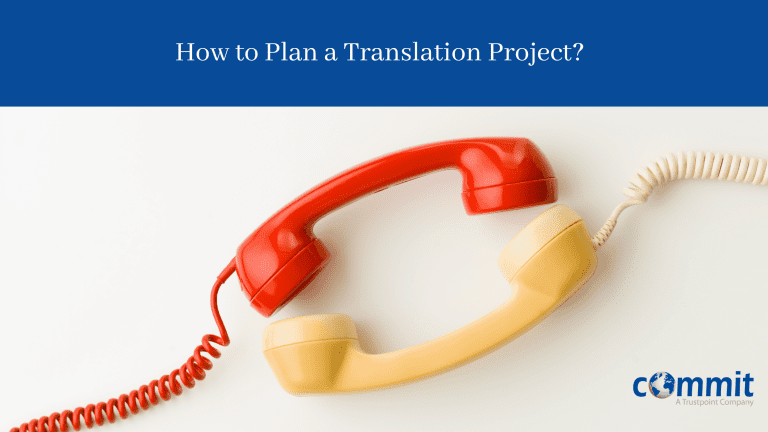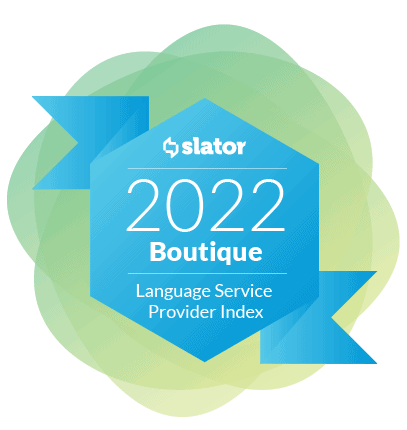|
Listen to Post
|
Listen to this article now:
In today’s fast-paced world, the widespread use of technology and the diverse range of content requiring translation have led to more intricate localization projects with varying levels of complexity. With the introduction of numerous new tools and processes, it can be overwhelming to know where to begin.
However, you can rest assured as your translation partners are well-equipped to select the appropriate tools and processes that align with your specific content. They are the experts who will navigate you through this journey. To assist them in forming a comprehensive plan to address your next translation request, providing answers to the following five questions will aid in developing a clear and cohesive approach.

Question 1: What are you going to translate and where will you use the translation?
The first thing that needs to be determined is the type of content that is going to be translated. This step is important because it helps your partners understand the kind of team they will have to assemble. Is the text a legal document, an advertisement or the UI of a new app? Each of these categories require a team with different linguistic backgrounds, expertise and skillset as there is not a collective translation approach that fits all content types. Different roles and steps might also have to be incorporated. An app localization expert, in case of UI localization, or additional quality assurance steps and back translation if you work with medical texts.
Next is the where and who: what is the target audience and where will the translation be used? As in the case of content types, different audiences have different requirements and that should be communicated to the linguists. And where the translation is going to be used affects both the register and other technical aspects. Subtitling is a characteristic example. If the project you have in mind includes video or film, your team will have to use certain tools and you might also need to lend a helping hand by providing them with the source text in certain formats.

Question 2: Which are your target languages?
You need to define the number of languages into which the content will be translated without forgetting language varieties (e.g. French for France vs French for Canada), if applicable. You also need to share the specific requirements of each language, such as formality and set an order of prioritization.
Question 3: What is your word count and budget?
Translations are usually paid per word so it would be useful if you had an estimate of the wordcount and the budget you can afford to allocate from the beginning. It can really help speed things up. But, if for any reason, this is a complicated task for you, you can always reach out to the team before the launch of the project and discuss this further. As experts with a lot of useful tools at their disposal, they can provide their input not only on the wordcount but also on steps to cut down costs.
Question 4: What is your deadline for the translation?
Setting a deadline for the project delivery early on will give your team the opportunity to better manage their time internally and avoid any delays. Quality work might take time, so make sure to allocate enough to each project.
On the other hand, if this an urgent task, be open to communication. Let the team know your expectations from the beginning and they will let you know what is the earliest delivery date they can do.

Question 5: What are your communication needs and expectations?
Last but not least, you should define the way you wish to communicate with your team for the duration of the project. Based on the urgency, timeline and scope you can schedule regular check-ins with the team to monitor the progress, answer questions and solve problems that might arise, via email or calls. This will help you stay on track and make any necessary adjustments on time.
Planning your next translation project
Planning a translation project might prove to be more complicated than expected and having these five things in mind will always help you stay one step ahead. And, remember, communication is at the heart of any collaboration. Being open to negotiation and willing to receive the input of experts can only guarantee a seamless project execution and quality results.
Planning your next translation or localization project? Then contact our friendly team of expects that will guide you throughout the whole process.









